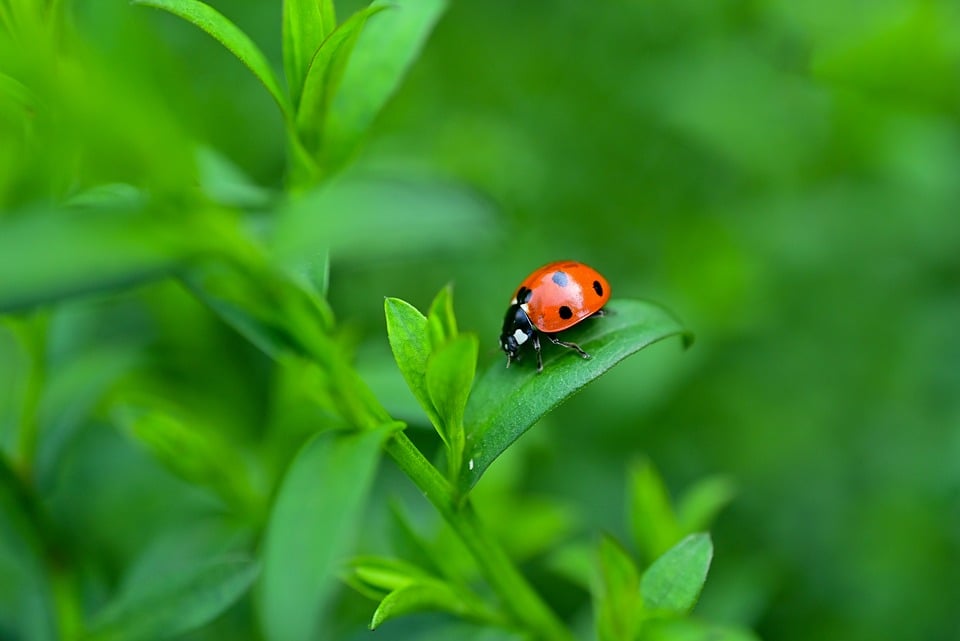Welcome to our deep dive into the fascinating world of ancient superstitions. In this article, we will explore the origins, evolution, and scientific explanations behind some of the most enduring beliefs that have captured the human imagination for centuries. Join us as we unravel the mysteries behind these superstitions and uncover the underlying science that may shed light on their enduring appeal.
The Historical Context of Superstitions
Superstitions have been a part of human culture since ancient times. They served as a way for people to make sense of the world around them and to exert some semblance of control over their lives. From prehistoric times to the present day, superstitions have shaped societies and influenced individual behavior in profound ways. Let’s take a closer look at the historical context of superstitions.
Ancient Origins
- Superstitions date back to ancient civilizations such as the Egyptians, Greeks, and Romans.
- Beliefs in omens, charms, and magical rituals were prevalent in these societies.
Medieval Period
- Superstitions were often tied to religious beliefs during the Middle Ages.
- Widespread fear of witchcraft and the supernatural led to the persecution of individuals accused of practicing magic.
Modern Era
- Superstitions continue to persist in contemporary culture, though they have evolved to reflect changing societal norms.
- Beliefs in lucky charms, Friday the 13th, and black cats are still common today.
The Current State of Superstitions
Despite advances in science and technology, superstitions remain prevalent in many cultures around the world. While some may dismiss them as mere folklore or irrational beliefs, research suggests that superstitions play a significant role in human psychology and behavior. Let’s explore the current state of superstitions and their impact on society.
Psychological Perspectives
- Studies have shown that superstitions can be a coping mechanism for dealing with uncertainty and anxiety.
- Belief in superstitions can provide a sense of control in chaotic or unpredictable situations.
Cultural Influence
- Superstitions are often passed down through generations within families and communities.
- They can shape societal norms and influence decision-making processes.
Scientific Explanations
- Psychologists and neuroscientists are exploring the cognitive mechanisms behind superstitions.
- Research suggests that superstitions may be linked to our evolutionary past and serve adaptive functions.
The Future of Superstitions
As we look to the future, it is clear that superstitions will continue to play a role in human society. While some may view them as relics of the past, others see them as valuable insights into the human mind and its capacity for belief. Let’s consider the future of superstitions and how they may evolve in the years to come.
Technological Advances
- New technologies may create new superstitions as people grapple with the unknown.
- Artificial intelligence, genetic engineering, and virtual reality could give rise to novel beliefs and practices.
Social Dynamics
- Changing demographics and cultural shifts may influence the prevalence and nature of superstitions.
- Globalization and interconnectedness could lead to the spread of superstitions across borders and cultures.
Educational Opportunities
- Increased scientific literacy and critical thinking skills may lead to a decline in superstitions over time.
- Education and awareness campaigns could help debunk myths and superstitions through evidence-based knowledge.
Conclusion
In conclusion, superstitions have played a significant role in human history and continue to shape our beliefs and behaviors today. While the science behind superstitions is still being explored, it is clear that these beliefs hold a powerful sway over human culture and psychology. As we look to the future, it is important to consider the impact of superstitions on our society and to approach them with curiosity and skepticism. Thank you for joining us on this journey into the science behind ancient superstitions.
For further exploration of this topic, we recommend delving into the works of researchers and scholars who specialize in superstitions and cultural beliefs. Stay curious, and keep questioning the world around you!
